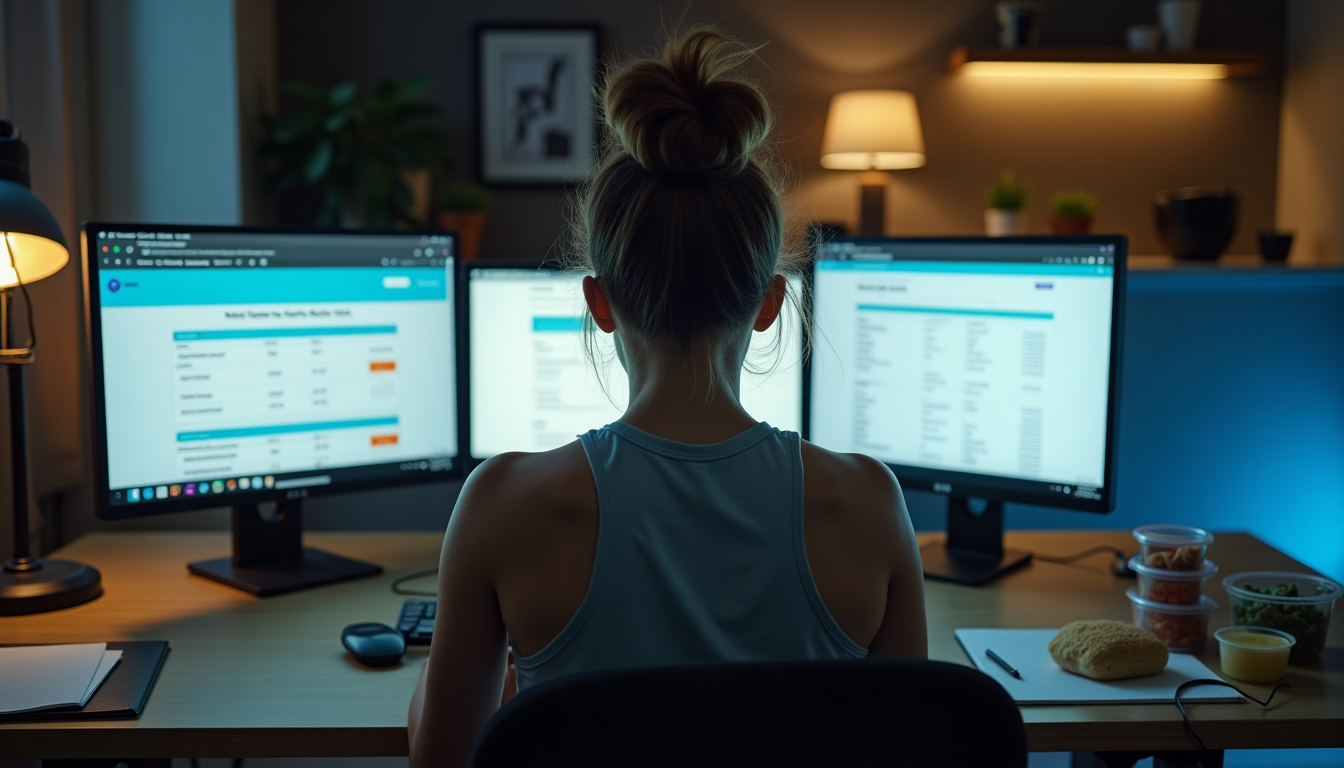Why I Stopped Obsessing Over Macro Calculators (And What I Do Instead)

Look, I get it. I've been that person frantically plugging numbers into every macro calculator I could find online. raises hand sheepishly Guilty as charged! 🙋♀️
But here's the thing - after years of playing the macro numbers game, I've learned something pretty important: these calculators are just the beginning of the story, not the whole book.
The Calculator Craze
So MyFitnessPal just launched their free macro calculator (yeah, another one to add to your bookmarks). It's pretty neat - you input your stats, goals, and activity level, and boom! You get your personalized macro targets. Simple, right?
But wait... is it really that simple?
The Truth About Macro Calculators
Here's what most people don't tell you about macro calculators:
- They're starting points, not gospel
- Your body isn't a calculator
- Those numbers? They're educated guesses at best
Think about it - when was the last time your body consulted a spreadsheet before deciding it was hungry? 🤔
My Love-Hate Relationship with Numbers
Fun fact: I used to be a software engineer before becoming a nutrition blogger. Numbers were my jam! So when I first discovered macro tracking, I thought I'd found nutrition nirvana. Finally, a system that spoke my language!
But then something interesting happened...
The Plot Twist
The more I obsessed over hitting exact macro targets, the more I noticed:
- My social life was suffering ("Sorry, can't go out, haven't hit my protein goal!")
- I was stressing over every bite
- My relationship with food was getting... weird
Anyone else been there? virtual hug
The Better Way Forward
Don't get me wrong - I still use macro calculators. But here's my updated approach:
1. Use Them as Guidelines, Not Rules
Think of macro targets like a GPS - helpful for direction, but sometimes you gotta take the scenic route.
2. Listen to Your Body
Your body sends pretty clear signals. Learning to read them is way more valuable than any calculator.
3. Focus on Patterns, Not Perfection
Instead of stressing about hitting exact numbers, look for overall trends.
Real Talk: What Actually Works
Here's what I've found works better than obsessive macro tracking:
- Basic awareness of portion sizes
- Eating mostly whole foods
- Paying attention to hunger/fullness cues
- Having a flexible approach
Making It Work IRL
Let me share a typical day that DOESN'T involve calculator math:
Breakfast: "Hmm, need some protein and fiber" → Greek yogurt with berries
Lunch: "Getting hangry, need sustaining energy" → Sandwich with turkey & avocado
Dinner: "Had a tough workout" → Salmon, sweet potato, broccoli
See? No calculator required! 😉
When Calculators ARE Useful
Look, I'm not totally anti-calculator. They're super helpful when:
- You're just starting out
- You're prepping for a specific event
- You need to reset your portions
- You're curious about your current intake
Your Turn!
Instead of immediately jumping to calculate your macros, try this:
- Write down your current eating patterns
- Note how different meals make you feel
- Identify one small change you could make
The Bottom Line
Use that free macro calculator? Sure! But remember - it's just one tool in your toolbox. Your body is smarter than any calculator, and learning to work with it (rather than against it) is the real key to sustainable nutrition.
Who else has had a love-hate relationship with macro tracking? Drop a comment below - I'd love to hear your story!
P.S. If you're still reading this, you probably need another coffee. Or is that just me? ☕
Remember: While I share my experiences and insights, I'm not a registered dietitian. Always consult with healthcare professionals for personalized advice!
What's your take on macro calculators? Have they helped or hindered your journey? Let's chat in the comments! 👇




